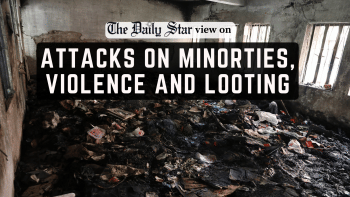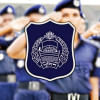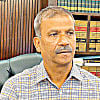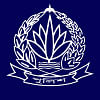The police must get back to work

We are deeply concerned that, so far, only 361 out of 639 police stations have partially resumed operations since Friday, with the assistance of the armed forces and Border Guard Bangladesh. At the time when there is a severe lapse in security across all districts, with many incidents of violence, arson attacks, and even robberies being reported, law enforcement cannot be absent from the scene.
While it is understandable that many police personnel are feeling insecure after the destruction of many police stations in the country and attacks on police personnel, they must remember their primary duty, which is to protect the public. The unprecedented number of civilians—many of them students and even children—who were shot and killed by law enforcers during the quota movement, triggered attacks on police and police stations. But now is the time for all official forces to work together to bring security to the nation. Official forces must collaborate to ensure safety, especially in minority communities that have faced violence and vandalism from different coteries trying to take advantage of the power vacuum created by the former government's departure. The same applies to other groups as well, including members of the former administration, Awami League members, and individuals seen as loyal to the former regime.
Without police presence on the streets, miscreants have seized the opportunity to commit crimes with total impunity. In the absence of police, communities are having to mobilise their members to stay on watch all night, with the student volunteers helping. While this is very admirable, it is hardly a sustainable solution. Only a strong law enforcement presence will deter these criminals.
It is worrisome to know that the chain of command within the police force has broken down after the attacks on police personnel. Police from lower ranks have staged demonstrations and made their 11-point demand. The police force, which has long played a partisan role and embittered the public with its actions, must do everything in its power to regain public trust. The interim government must prioritise security and take necessary steps to restore police presence at the stations. Senior officers, particularly the new IGP, must address this crisis through dialogue with their frustrated juniors and find immediate solutions.
This will also require quick logistical support to repair the destroyed stations and get them operational again, as well as address the legitimate grievances of lower-tier police officers. The process of reform within the police force must begin as soon as possible to depoliticise the force, eradicate corruption, and make it a protector of the public rather than a feared or hated entity.


 For all latest news, follow The Daily Star's Google News channel.
For all latest news, follow The Daily Star's Google News channel. 









Comments